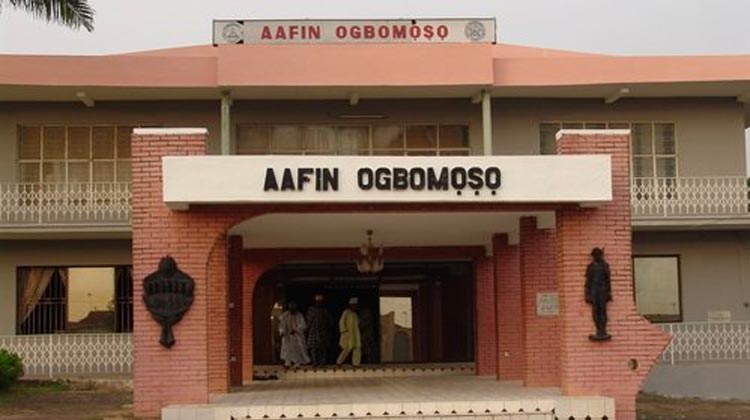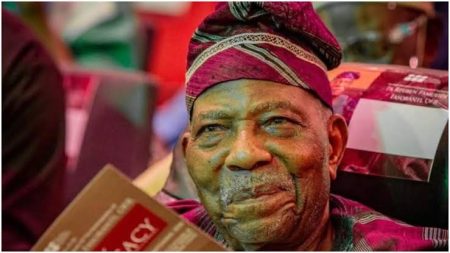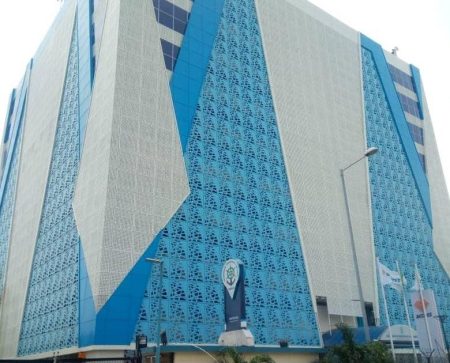The chieftaincy dispute over the Soun of Ogbomosoland throne has taken another twist, with Prince Kabir Olaoye, a contender for the royal seat, vowing to challenge the recent Court of Appeal judgment at the Supreme Court. The Appeal Court had upheld the selection and installation of Oba Ghandi Olaoye, affirming his legitimacy as the Soun. This decision overturned a previous High Court ruling that had nullified Oba Olaoye’s appointment, creating a complex legal battle that now ascends to the highest court in the land. Prince Kabir’s persistent legal challenge underscores the deep divisions and high stakes involved in this traditional leadership struggle.
The protracted dispute commenced in 2022 when Prince Kabir initiated legal proceedings contesting the nomination and selection of then-Prince Ghandi Olaoye as the Soun-elect. His lawsuit, filed at the Oyo State High Court, alleged violations of the Soun Chieftaincy Declaration, the legal framework governing the selection process. Despite the pending litigation, Governor Seyi Makinde of Oyo State approved Oba Olaoye’s nomination, leading to his installation by the kingmakers in September 2022. This action fueled the controversy, highlighting the tension between traditional processes and governmental authority in chieftaincy matters.
The legal battle intensified in October 2022 when the Oyo State High Court in Ogbomoso delivered a judgment removing Oba Olaoye from the throne. This decision seemingly vindicated Prince Kabir’s claims and threw the succession process into further disarray. However, the Oyo State government swiftly responded by securing an injunction preventing the enforcement of the High Court judgment, effectively allowing Oba Olaoye to retain his position. This move underscored the government’s vested interest in the outcome of the chieftaincy dispute.
In a strategic legal maneuver, the Oyo State government also appealed the High Court judgment, seeking to overturn the ruling that had favored Prince Kabir. This appeal set the stage for the recent Court of Appeal decision, which ultimately reversed the lower court’s verdict and reaffirmed Oba Olaoye’s status as the Soun. The Appeal Court’s judgment represents a significant setback for Prince Kabir but simultaneously paves the way for the final resolution of the dispute at the Supreme Court.
Prince Kabir has expressed his dissatisfaction with the Appeal Court’s judgment and his unwavering determination to pursue the case to the Supreme Court. He firmly believes that the Appeal Court erred in its decision and remains steadfast in his pursuit of the throne. His decision to escalate the legal battle to the highest court signifies the importance he places on reclaiming what he considers his rightful position. This continued legal challenge promises to further prolong the uncertainty surrounding the Soun of Ogbomosoland’s throne.
The unfolding chieftaincy dispute has significant ramifications for the Ogbomoso community, as the Soun holds a revered position of traditional leadership. The prolonged legal battle has created a sense of instability and division within the community, highlighting the need for a swift and conclusive resolution. The Supreme Court’s eventual decision will not only determine the rightful occupant of the throne but will also have a lasting impact on the stability and unity of Ogbomosoland. The case further underscores the complex interplay between traditional customs, legal processes, and political influences in chieftaincy matters in Nigeria.














